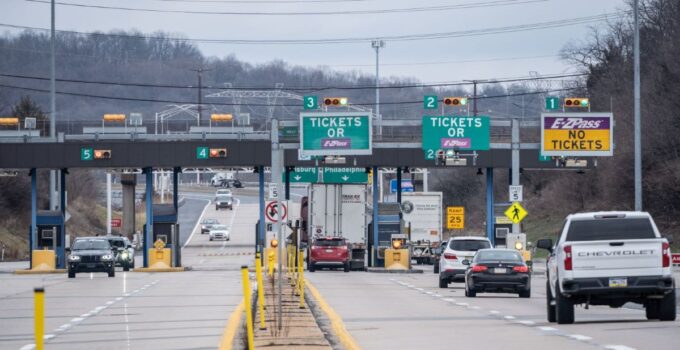Buying a car is a significant financial commitment, but the sticker price is just the beginning. The true cost of car ownership includes a range of expenses that can add up over time. Here are 19 points to consider when calculating the real cost of owning a car.
1. Depreciation

Image Credit: Shutterstock / Dusan Petkovic
Depreciation is the decrease in your car’s value over time. On average, a new car loses about 20% of its value in the first year and around 60% after five years. This means a $30,000 car can lose $18,000 in value in just five years.
2. Financing Charges

Image Credit: Shutterstock / PanuShot
If you finance your car, you’ll pay interest on the loan. Over a five-year loan term, the interest can add thousands of dollars to the cost of the car. For example, a $30,000 car loan at 4% interest will cost you about $3,150 in interest alone.
3. Insurance
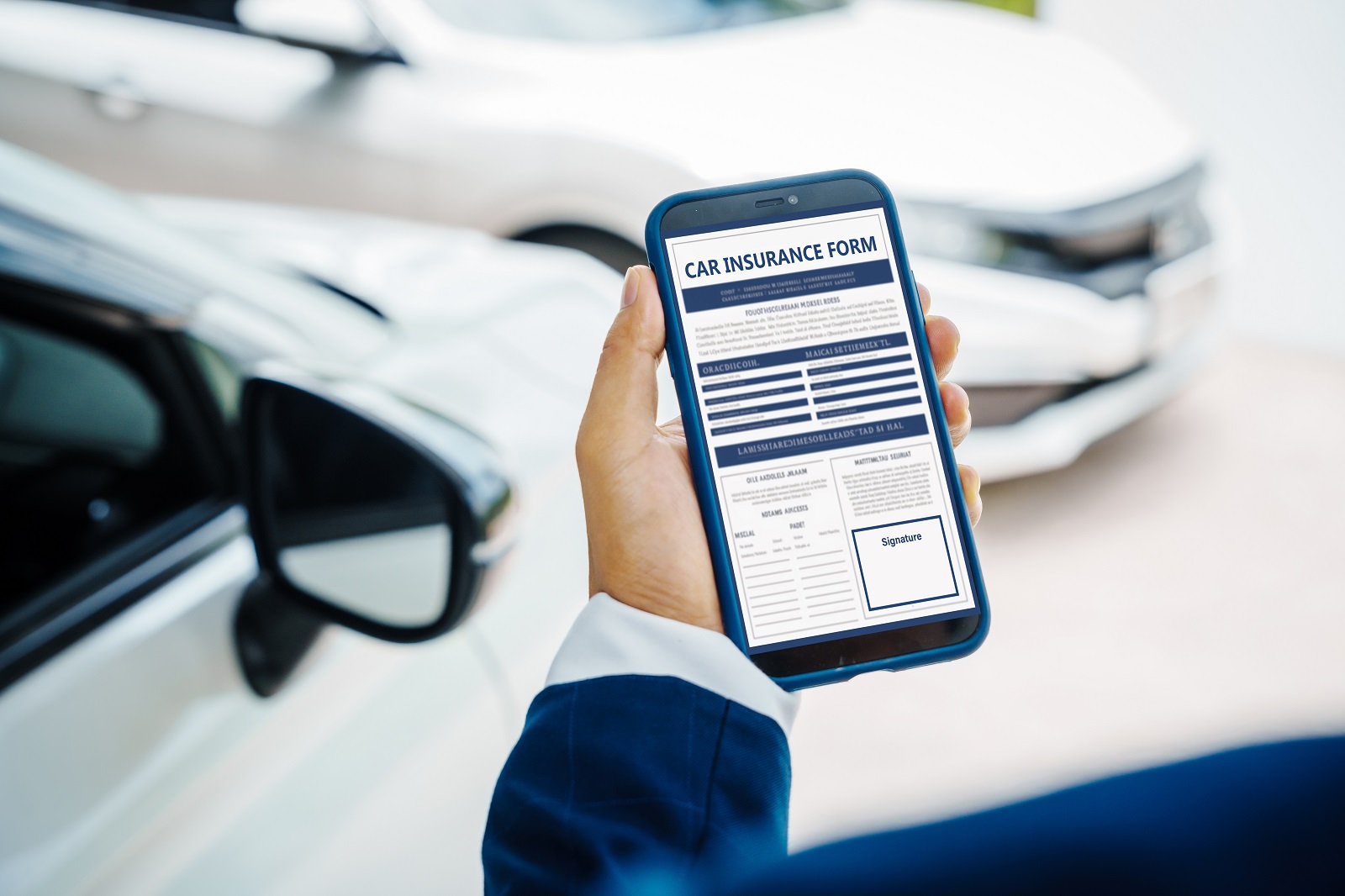
Image Credit: Shutterstock / PanuShot
Insurance is a mandatory expense that varies based on your car, driving record, and location. On average, Americans spend about $1,674 per year on car insurance. This cost can be higher for luxury or sports cars.
4. Fuel Costs

Image Credit: Shutterstock / New Africa
Fuel is a major ongoing expense. The average American driver spends about $1,400 per year on gasoline. This cost can fluctuate based on fuel prices and your car’s fuel efficiency.
5. Maintenance and Repairs

Image Credit: Shutterstock / Ground Picture
Routine maintenance and unexpected repairs can add up. On average, maintenance costs about $500 to $700 per year. Major repairs can cost even more, with transmission repairs averaging $3,000.
6. Registration and Taxes
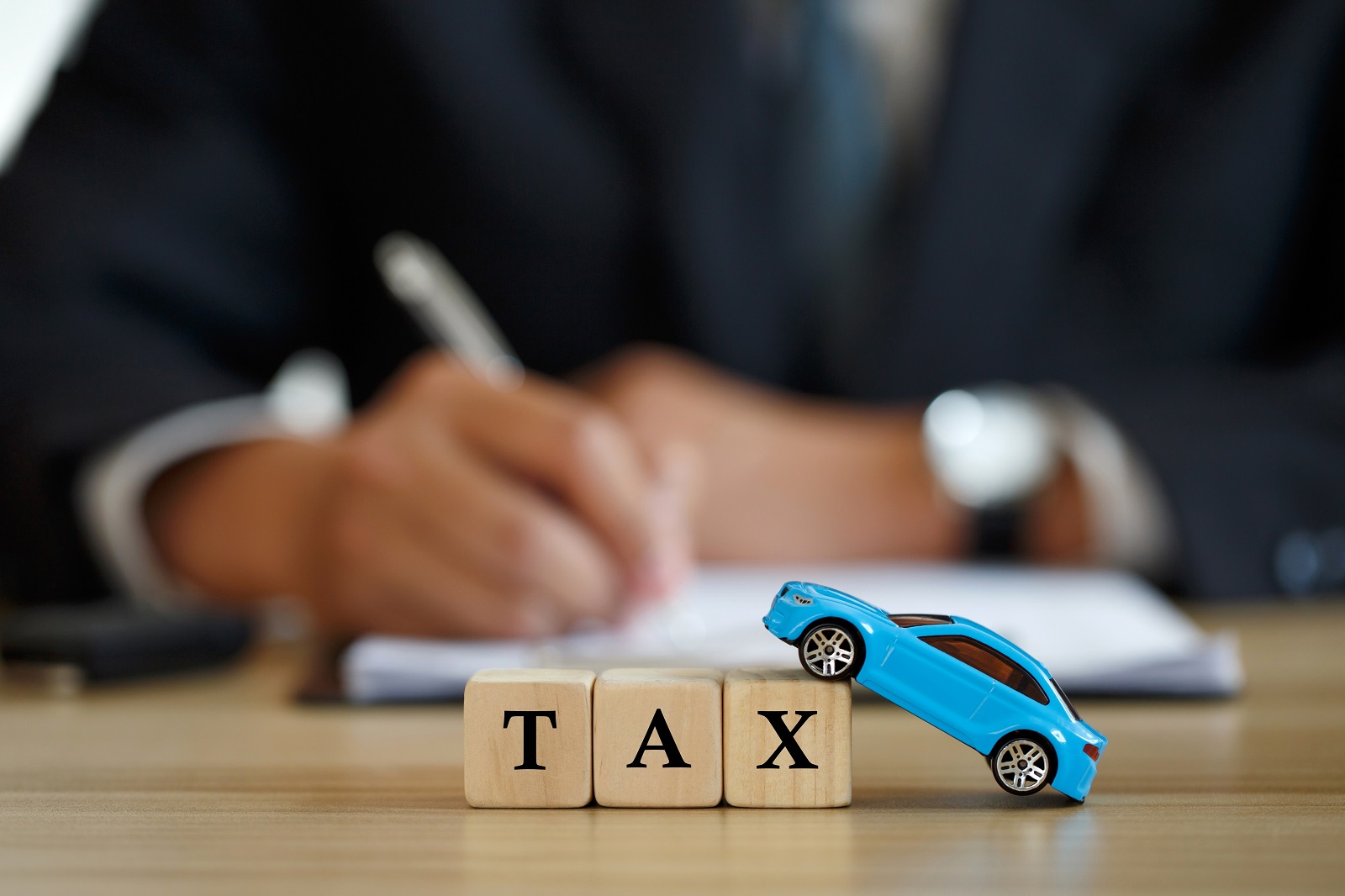
Image Credit: Shutterstock / chayanuphol
Annual registration fees and taxes are required to keep your car legal on the road. These costs vary by state but typically range from $30 to $200 per year. Additionally, you may have to pay sales tax when purchasing the car.
7. Tires
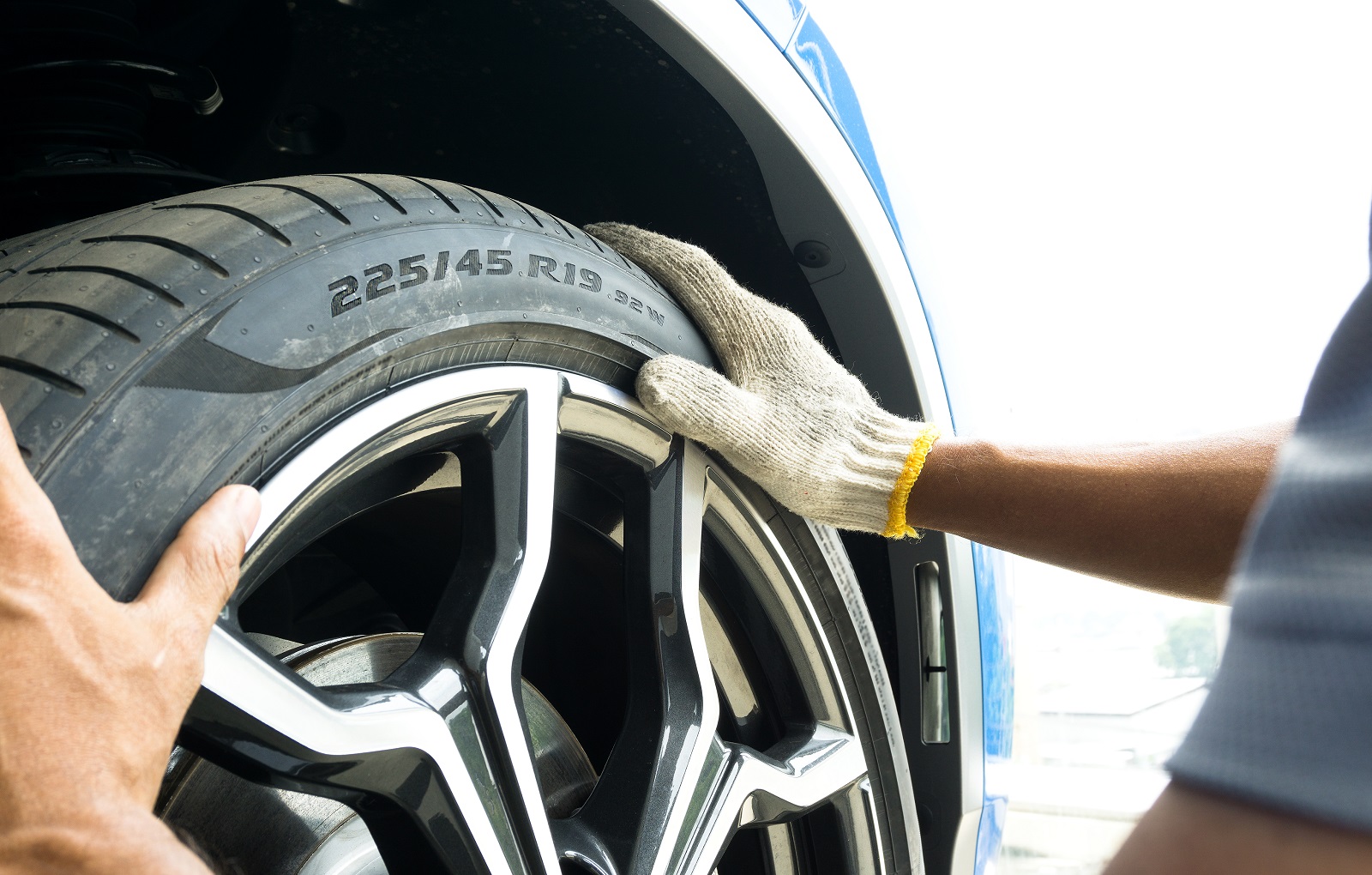
Image Credit: Shutterstock / Smile Fight
Tires wear out and need to be replaced every few years. A set of four new tires can cost between $400 and $1,200, depending on the type and quality. Regular tire rotations and alignments are also necessary to extend tire life.
8. Parking
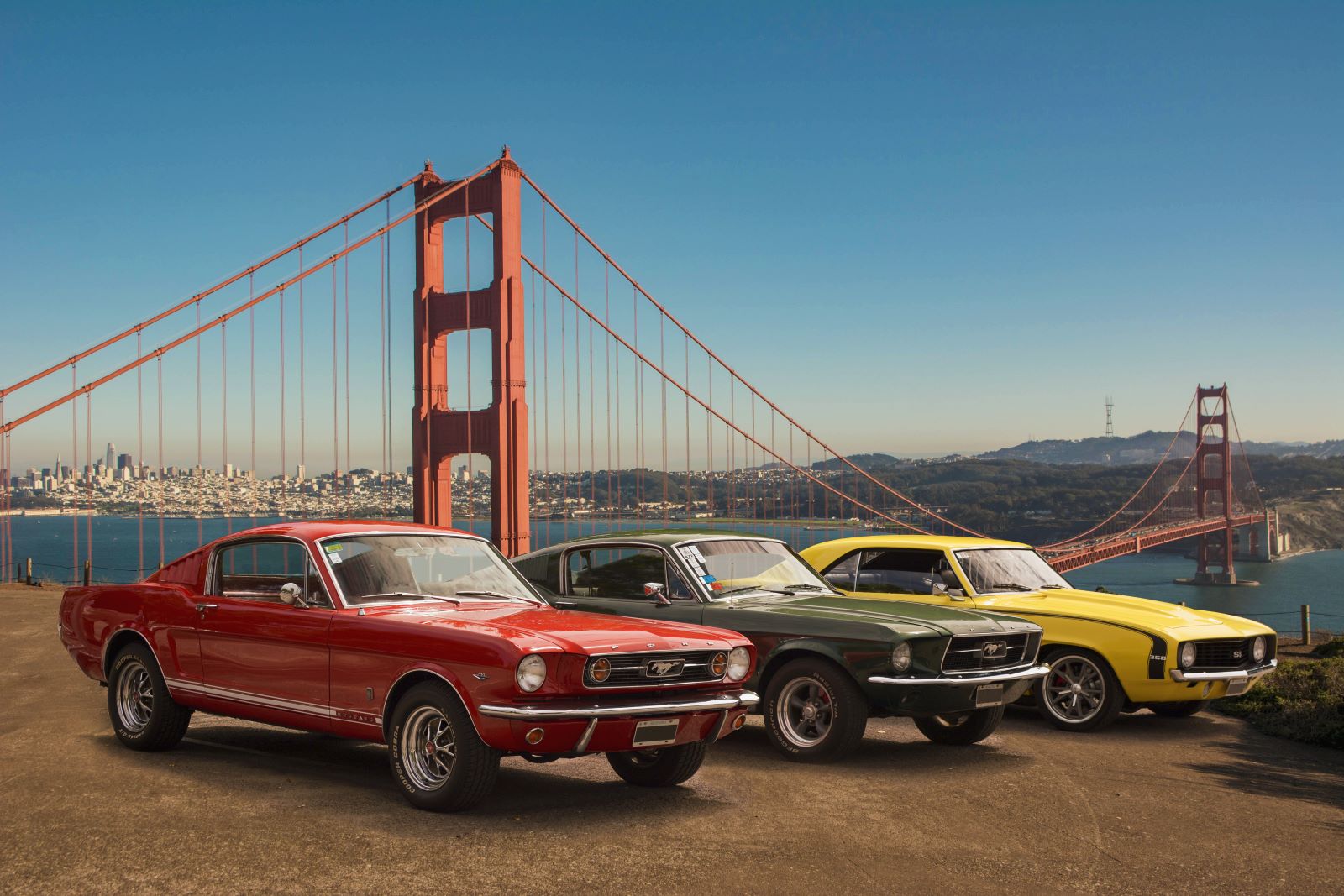
Image Credit: Shutterstock / Johnnie Rik
If you live in an urban area, parking can be a significant expense. Monthly parking rates in big cities can range from $100 to $500. Even in smaller towns, parking fees can add up over time.
9. Tolls
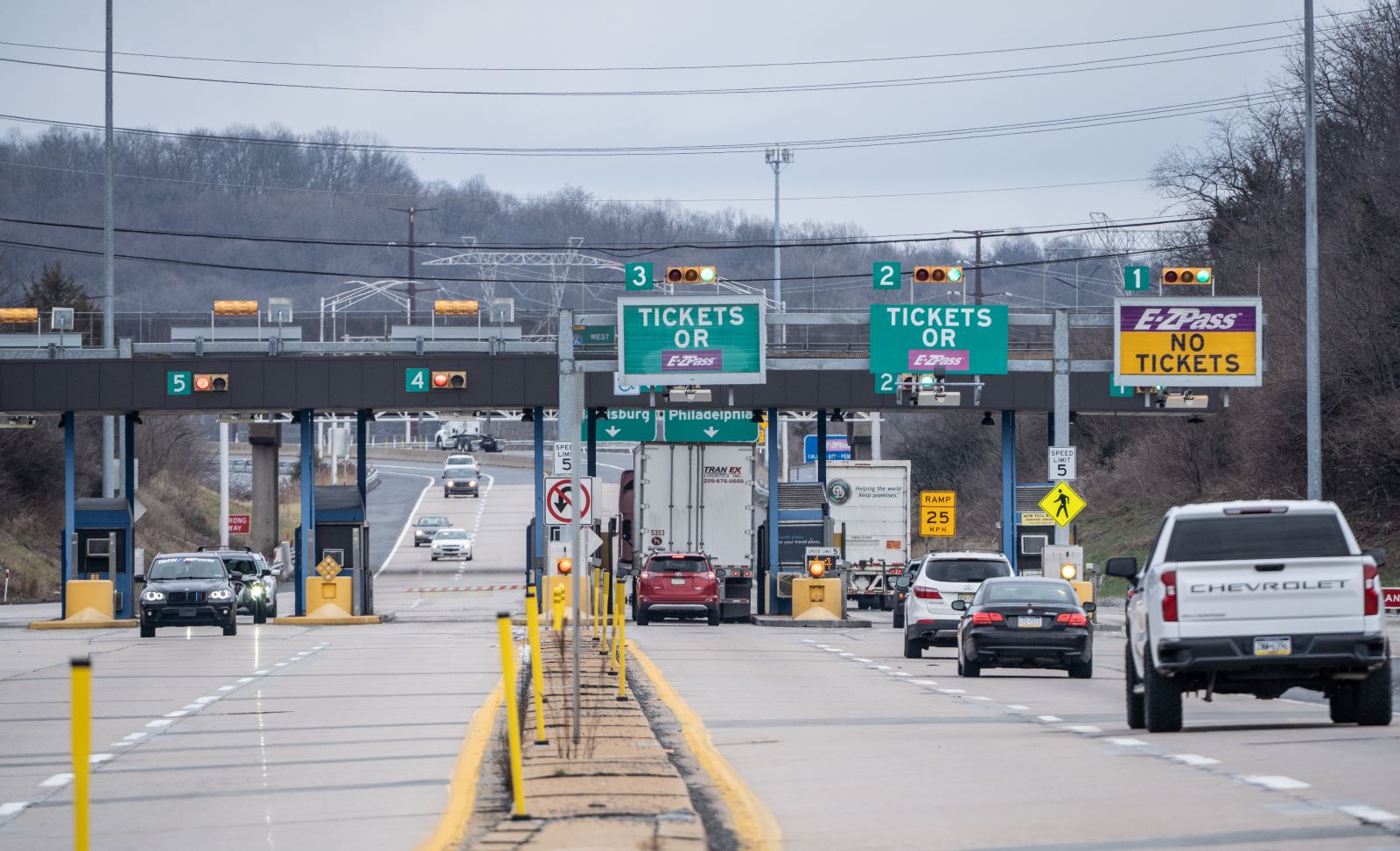
Image Credit: Shutterstock / Amy Lutz
Frequent use of toll roads and bridges can add to your transportation costs. Some tolls can be as low as $1, but regular use can lead to significant monthly expenses. For commuters, tolls can add hundreds of dollars to annual costs.
10. Car Washes and Detailing
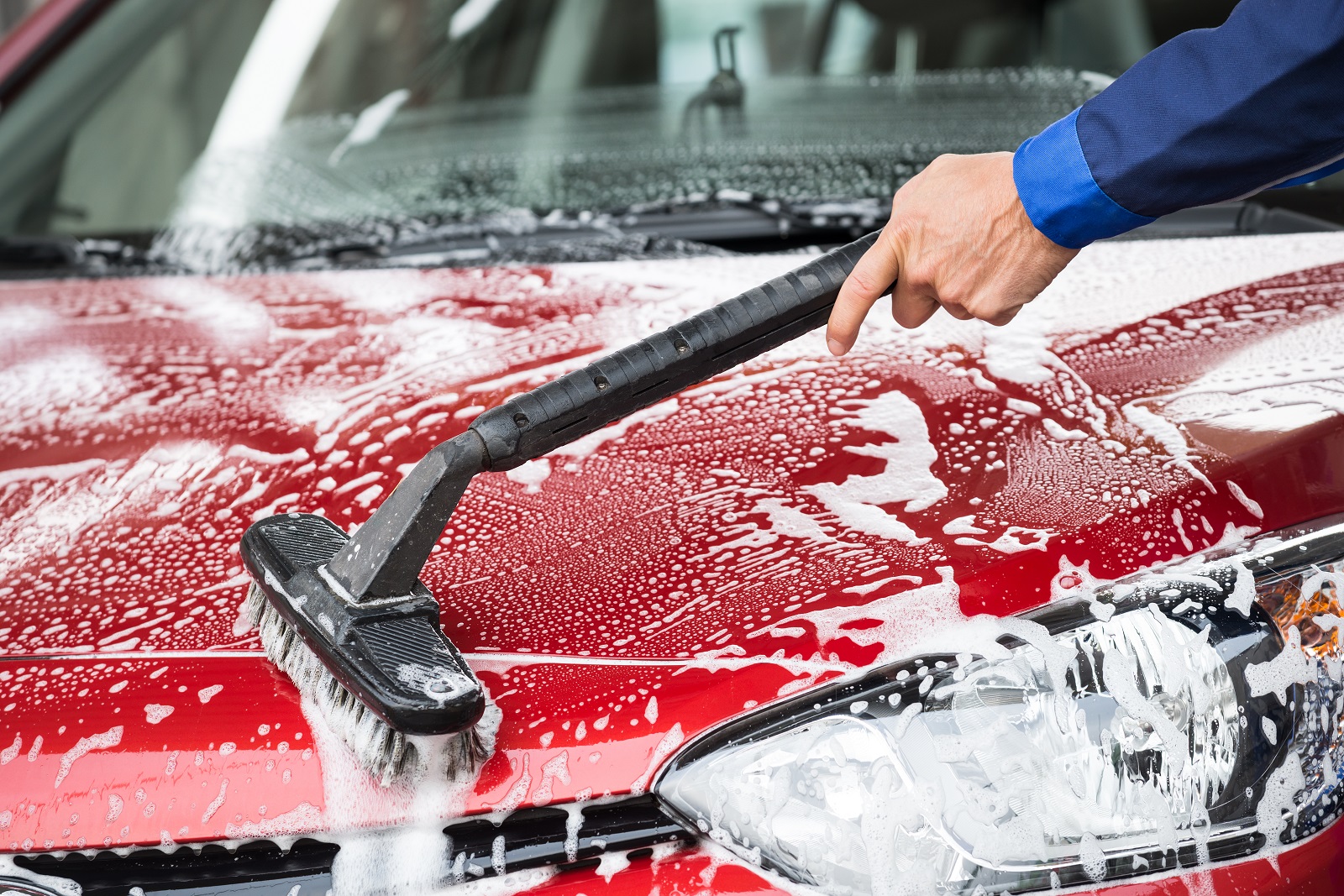
Image Credit: Shutterstock / Andrey_Popov
Keeping your car clean is another ongoing expense. Regular car washes can cost $10 to $20 each, and detailing services can range from $50 to $150. This can add up to several hundred dollars per year.
11. Extended Warranties

Image Credit: Shutterstock / Gumbariya
Many car owners purchase extended warranties for additional peace of mind. Depending on the coverage and duration, these warranties can cost between $1,000 and $3,000. They provide coverage for repairs after the manufacturer’s warranty expires.
12. License Renewal

Image Credit: Shutterstock / Ground Picture
Driver’s license renewal fees are another recurring expense. Depending on your state, renewing your license can cost between $25 and $75 every few years. It’s a small cost, but it’s part of the overall expense of car ownership.
13. Safety and Emissions Inspections
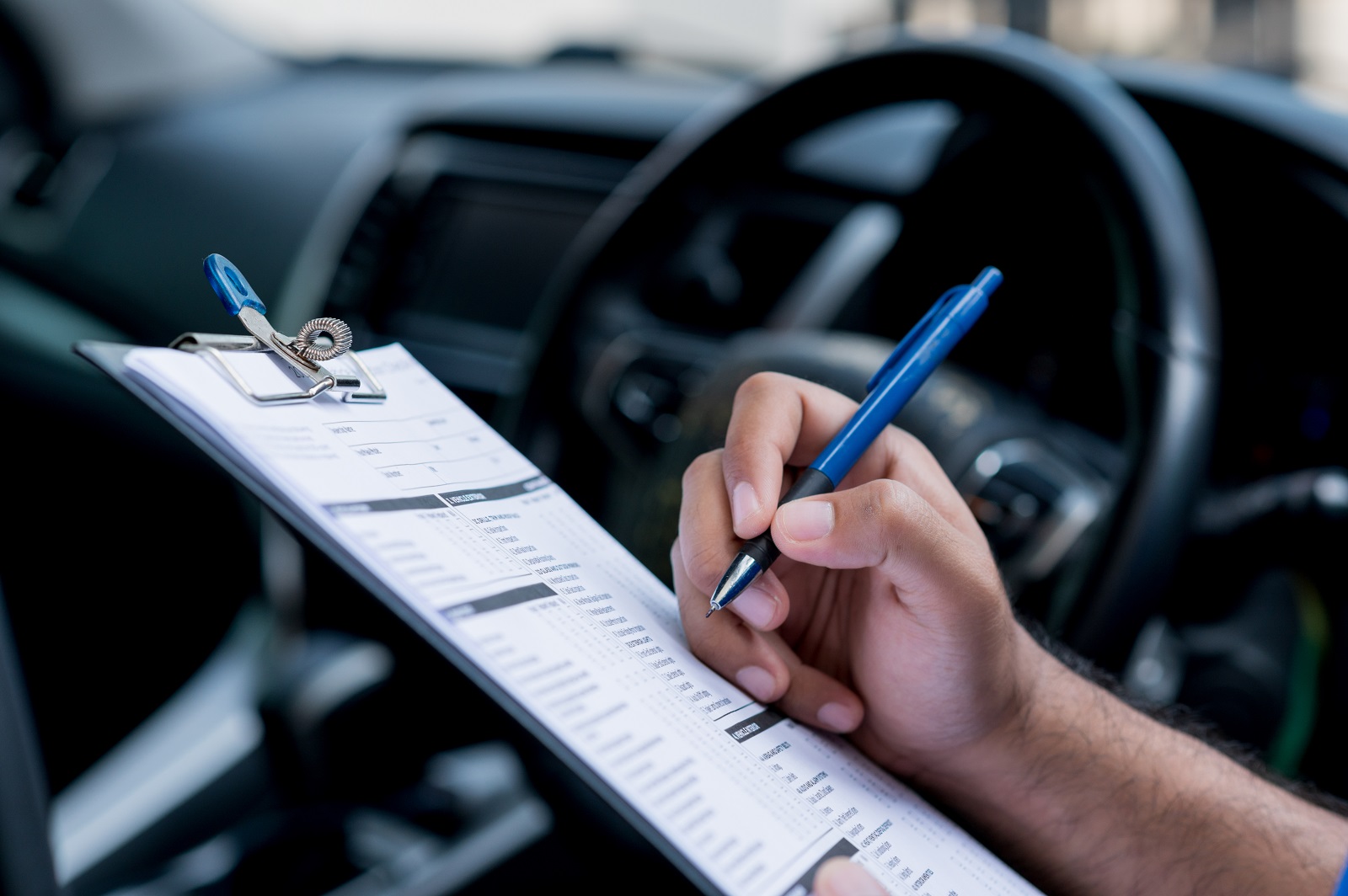
Image Credit: Shutterstock / GBJSTOCK
Some states require annual safety and emissions inspections. These inspections can cost $20 to $50 each. Failing an inspection may require repairs to bring the car up to standard, adding to your costs.
14. Roadside Assistance

Image Credit: Shutterstock / hedgehog94
Many car owners subscribe to roadside assistance programs for emergencies. These services can cost between $50 and $150 per year. They offer peace of mind for breakdowns, flat tires, and other roadside issues.
15. Depreciation from Mileage
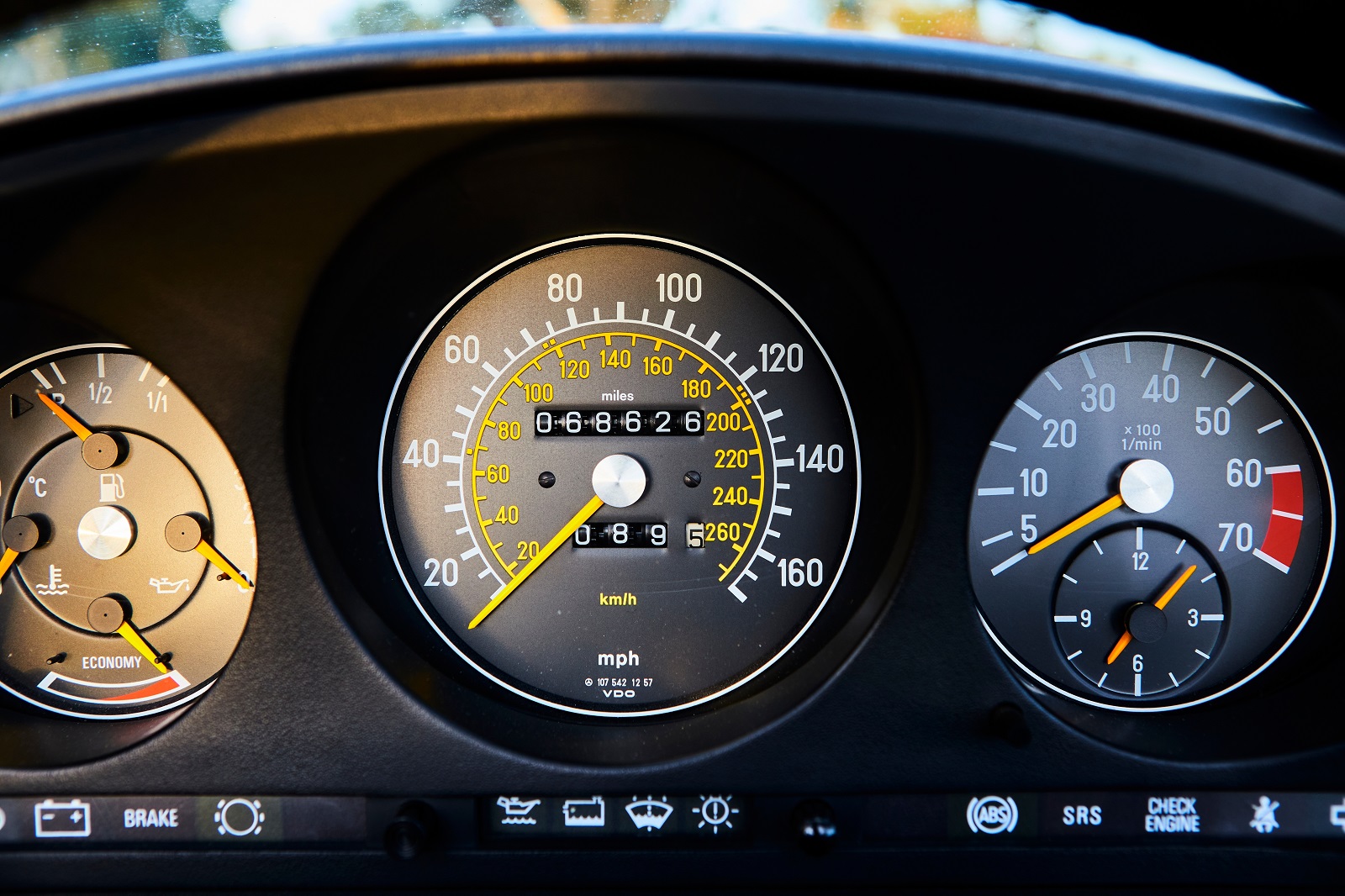
Image Credit: Shutterstock / david olivera
High mileage can accelerate depreciation. The more you drive, the less your car will be worth when you sell it. Each additional mile can decrease the resale value of your car by a few cents.
16. Vehicle Modifications
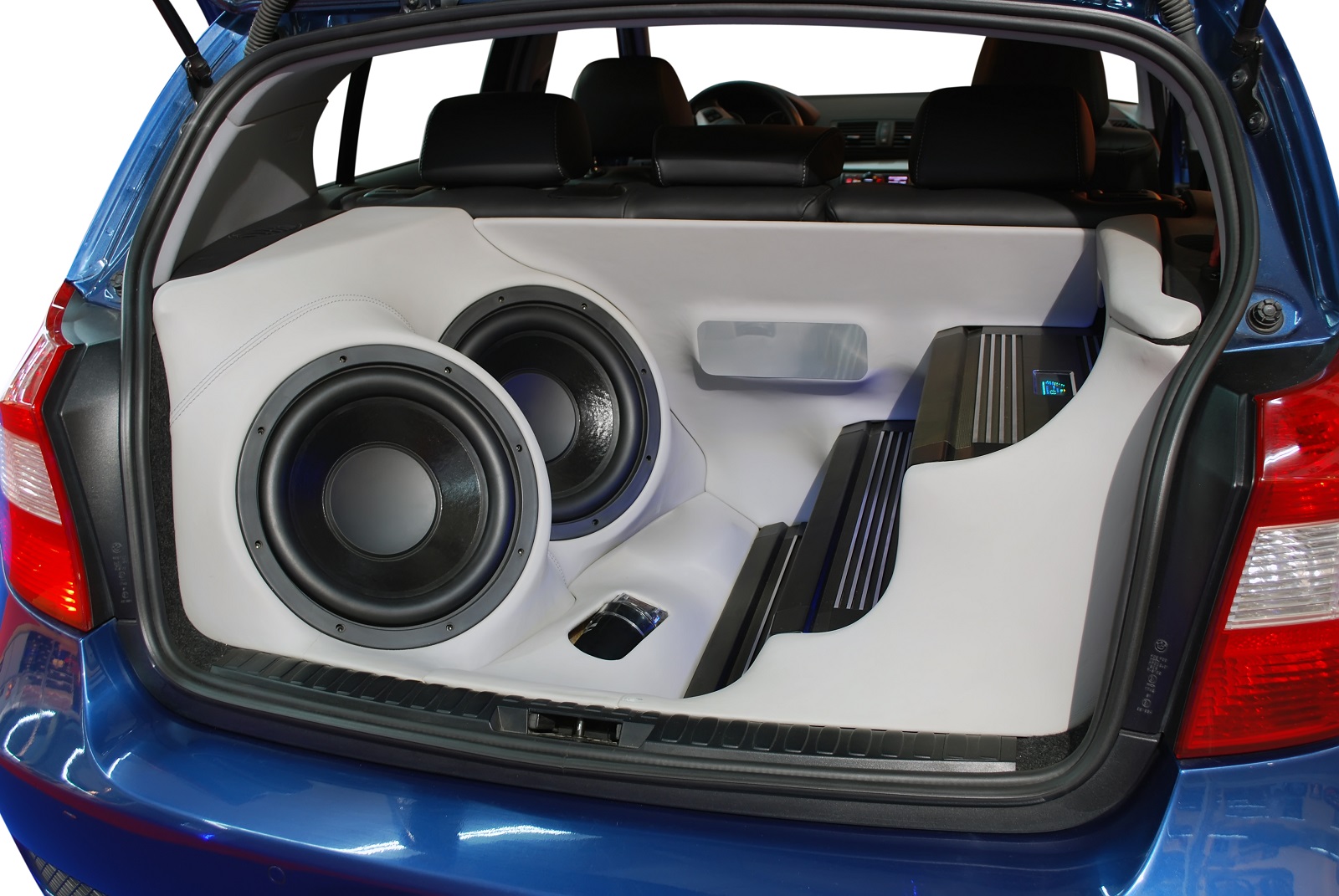
Image Credit: Shutterstock / photostar72
If you like to customize your car, modifications can be a significant expense. Whether it’s new rims, a sound system, or performance enhancements, these costs can add up quickly. Modifications may also increase insurance premiums.
17. Replacement Parts
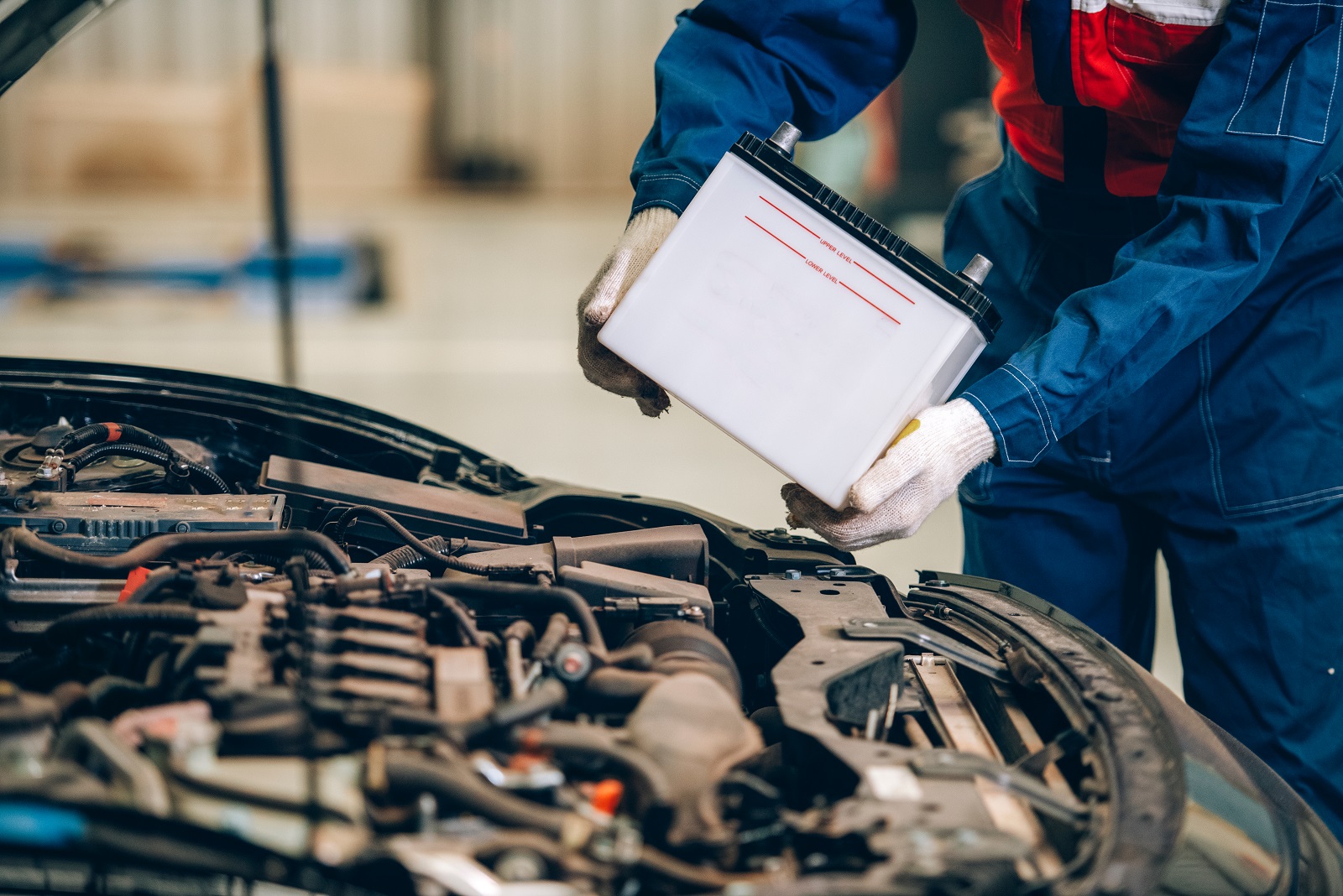
Image Credit: Shutterstock / Somchai_Stock
OEM (Original Equipment Manufacturer) parts can be expensive. Simple replacements like brake pads or batteries can cost more when using OEM parts. While aftermarket parts are cheaper, they might not offer the same quality.
18. Loss of Use

Image Credit: Shutterstock / Pickadook
When your car is in the shop, you might need to rent a car or use alternative transportation. Rental cars can cost $30 to $50 per day. This is an additional cost that many people don’t consider until it happens.
19. Technology Upgrades
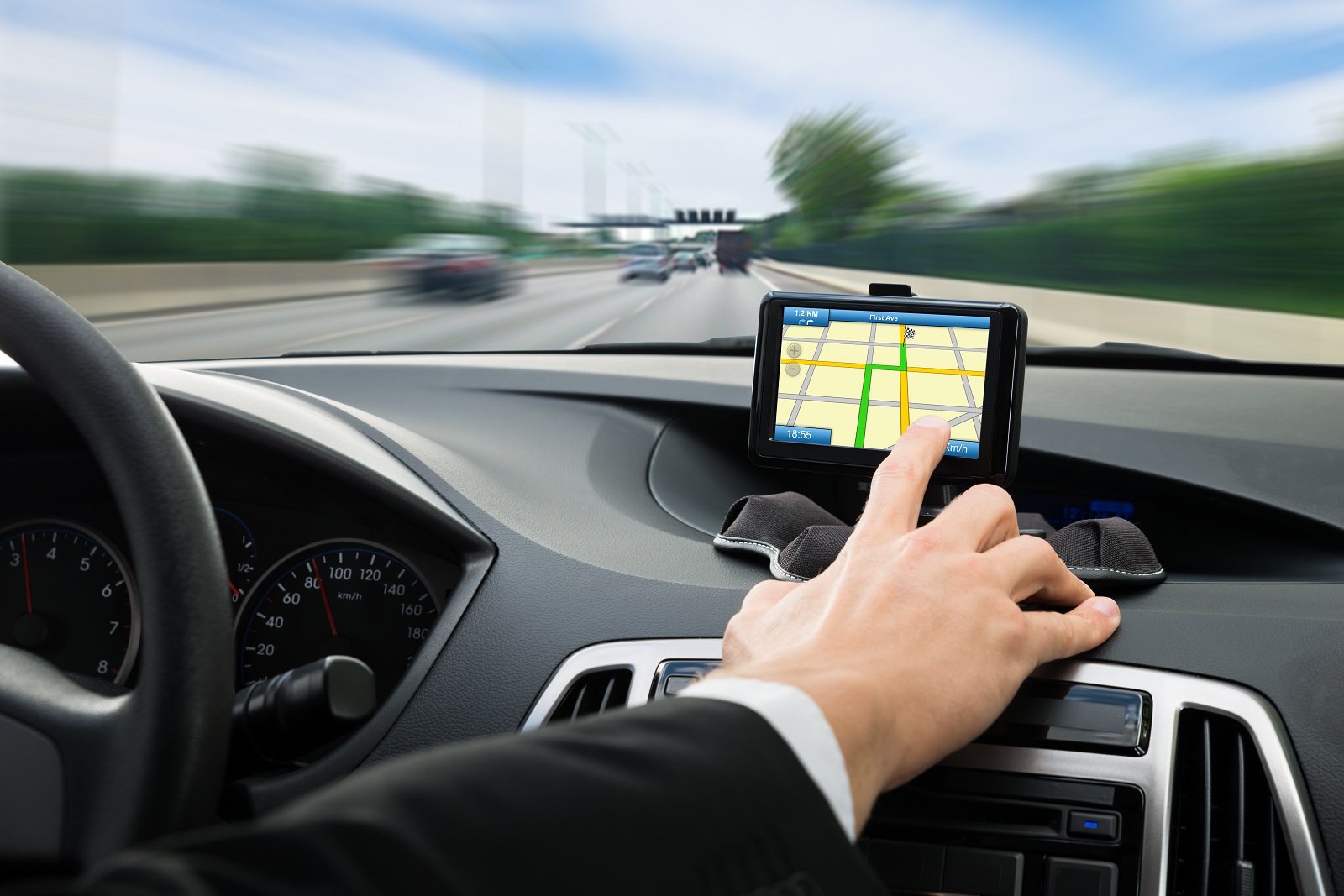
Image Credit: Shutterstock / Andrey_Popov
Technology in cars is constantly evolving. Upgrading your car’s tech, such as adding a new infotainment system or installing a GPS, can be costly. These upgrades can range from a few hundred to several thousand dollars.
Be Prepared for the True Cost

Image Credit: Shutterstock / SaiArLawKa2
Owning a car is a significant financial commitment that goes beyond the initial purchase price. By understanding and preparing for these additional costs, you can budget more effectively and avoid financial surprises.
Police Magnet: 7 Cars That Guarantee You’ll Get Pulled Over
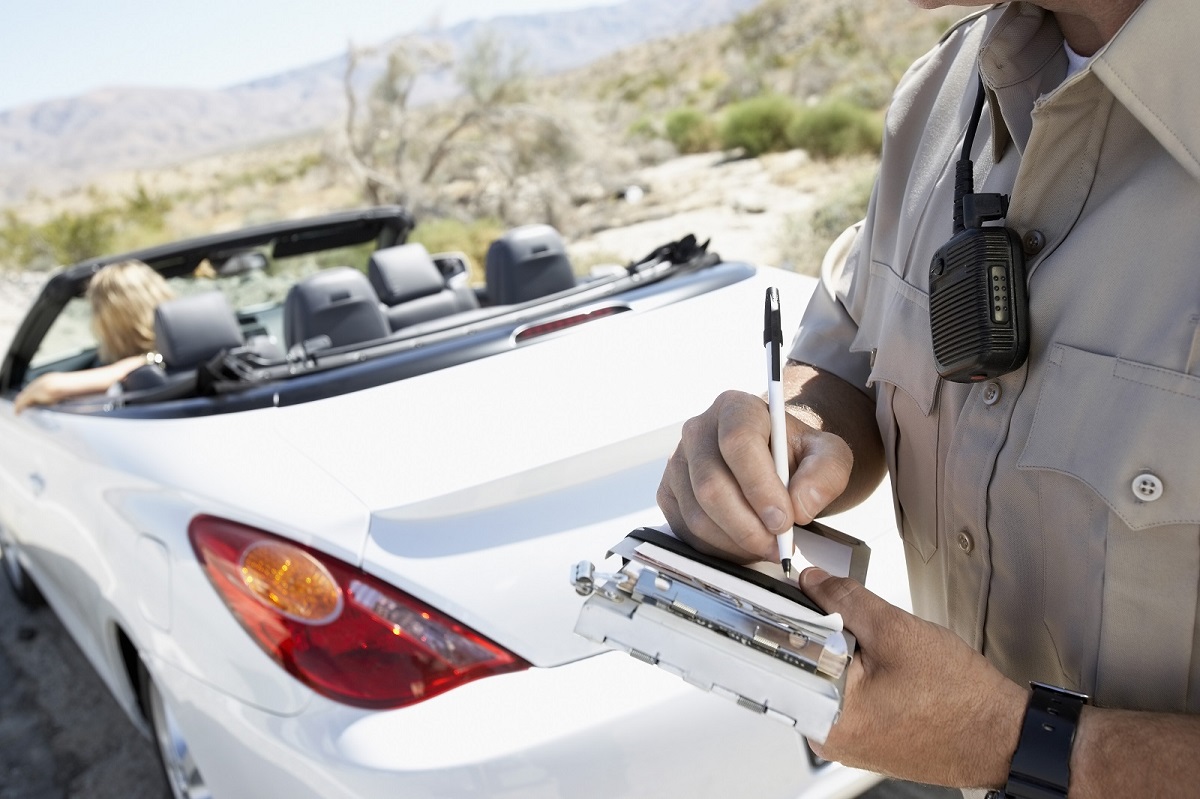
Image Credit: Shutterstock / sirtravelalot
Driving certain cars can make you more noticeable to law enforcement, even if you’re abiding by all the rules. Are you driving one of these “police magnets”? Here are seven cars that seem to attract more police attention than others. Police Magnet: 7 Cars That Guarantee You’ll Get Pulled Over
The Classic Cars That Were Total Clunkers
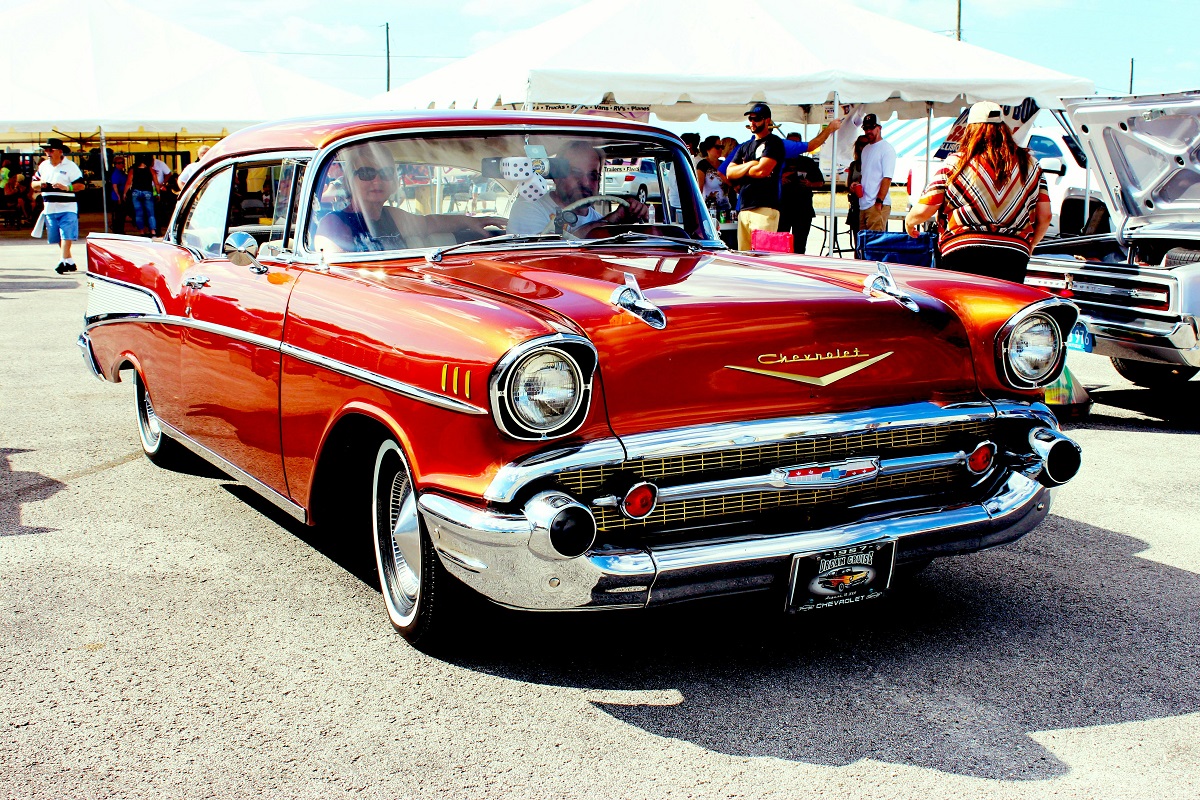
Image Credit: Pexels / Pixabay
Nostalgia has a funny way of making the past seem better than it was, especially when it comes to cars. But here’s the hard truth: some of those “classic” cars your dad raves about were real clunkers. Here’s a closer look at why some of those so-called “classics” weren’t all they were cracked up to be. The Classic Cars That Were Total Clunkers
The Worst U.S. Cars Ever Made: A Retro List
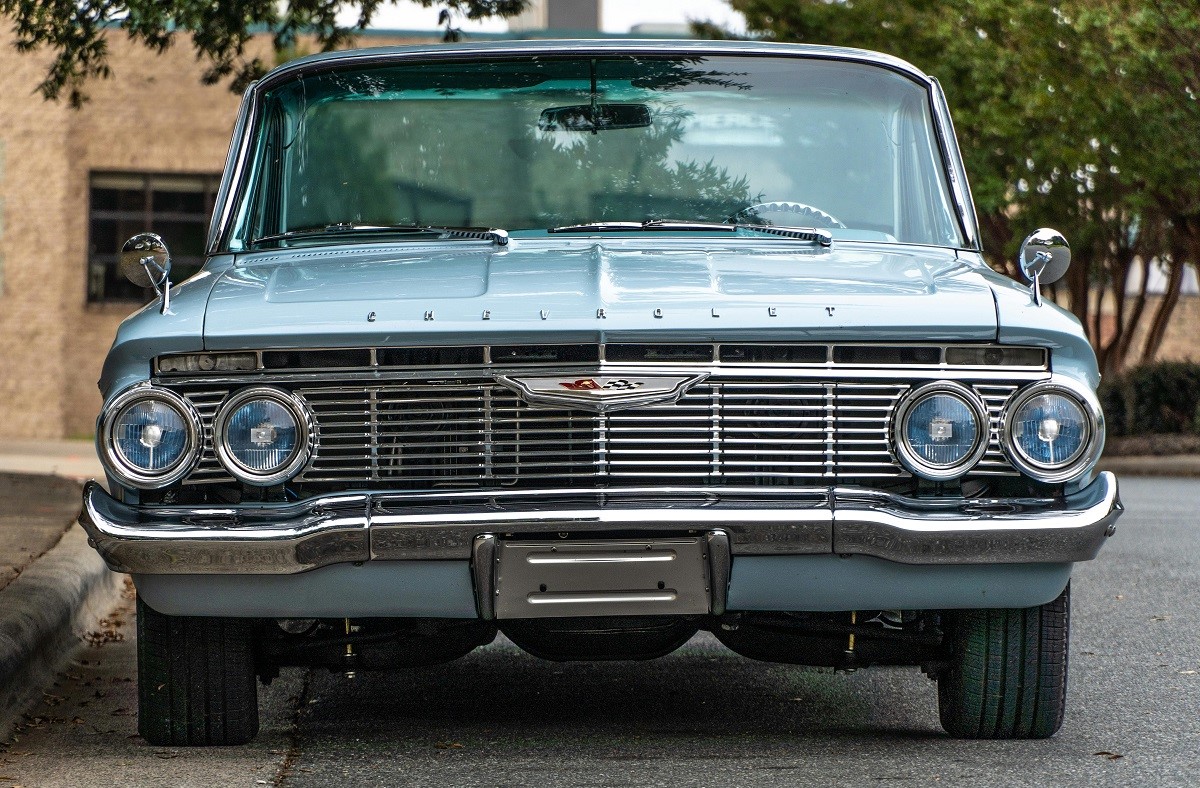
Image Credit: Pexels / Be The Observer
The U.S. auto industry has produced some incredible vehicles, but not every model was a hit. Here’s a look back at 16 of the worst cars ever made in the U.S., each infamous for its own unique flaws. The Worst U.S. Cars Ever Made: A Retro List
Featured Image Credit: Shutterstock / Amy Lutz.
The content of this article is for informational purposes only and does not constitute or replace professional advice.
For transparency, this content was partly developed with AI assistance and carefully curated by an experienced editor to be informative and ensure accuracy.
The images used are for illustrative purposes only and may not represent the actual people or places mentioned in the article.
